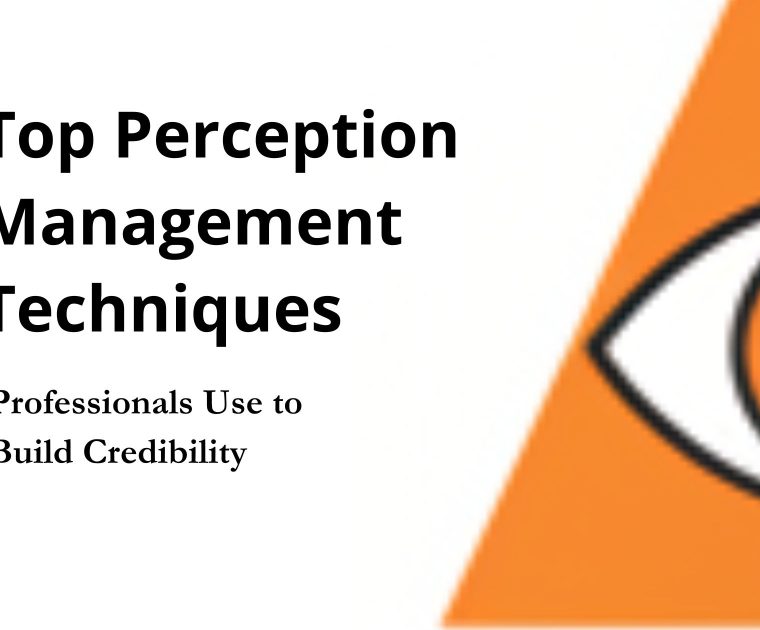The Importance of Market Research in Understanding Consumer Behavior
If you’re a business looking to understand customer behavior, you really can’t take away the importance of market research.
The Importance of market research can be seen across many marketing endeavors. Most importantly, it is also used to understand customer behavior and the most effective ways to market to your target audience.
Customer behavior includes purchasing, using, and disposing of goods and services are the major decisions your target audience makes. Because of the dynamic nature of customer behavior and the ever-evolving marketing landscape, it is essential to stay up-to-date with market research.
For instance, 81% of consumers now start their product searches on the internet. Furthermore, 82% of clients want a prompt response to their marketing or sales inquiries. Things aren’t the same as they were five years ago because of technology. And as technology advances, your target customers’ behavior also tends to change.
Here are why the importance of market research cannot be overemphasized:
1. Identify what consumers want
Imagine you’re cooking for a friend, but you have no idea what they like. Spicy food? Bland? Vegan? That’s kind of what launching a product without market research is like. You’re guessing in the dark!
Market research helps you truly understand what people want. Here’s a real-life example: remember that fidget spinner craze a few years back? Well, a big reason they took off was because of market research. A company noticed a growing trend of people needing tools to deal with fidgeting and anxiety, and bam fidget spinners were born!
However, market research encompasses more than just consumer preferences for tangible goods. Consider all of the available streaming services. Disney+, Hulu, and Netflix are all vying for our attention. How do they decide what kinds of shows to make? market analysis! To determine what themes and genres individuals find appealing, they employ focus groups, surveys, and even content monitoring on their platforms. Their chances of keeping us riveted to our screens increase with their level of understanding of what viewers need.
2. Understand consumer motivations
These days, consumers purchase experiences rather than just goods, and they associate with companies that share their beliefs. Market research enables you to delve further and find the “why” behind the “what.”
Some shoppers may claim, for example, that they just want new sneakers, but if you do some market research, you may discover that, in reality, they really want cozy shoes for leisurely strolls because they value their health and well-being. This has the potential to drastically alter your marketing strategy!
Studies show that 86% of customers are willing to pay more for brands that provide a superior customer experience. Understanding what makes a positive experience for your target audience is key! Do they value speedy checkouts online? Helpful and friendly customer service reps? Market research can pinpoint these motivators and help you tailor your approach to win over their loyalty. Remember, happy customers become repeat customers!
3. Predict future trends
Do you recall all those big, clunky phones in the early 2000s? It’s possible that research revealed a trend towards more compact, portable electronics. In the modern day, smartphones are almost always in our hands! In a similar vein, market research may be detecting an increasing demand for sustainable goods. This could help companies create environmentally friendly packaging or properly acquire their materials.
Here’s a current example: market research has shown that consumers’ need for personalized experiences is expanding as social media usage increases. Businesses are leveraging analytics and data to personalize their product suggestions and marketing messaging to each consumer. It’s similar to having a personal virtual shopper who knows your needs and knows just what you want!
4. Develop effective marketing campaigns
Have you ever seen a billboard that appeared to be screaming at you because it was so relevant to your interests? This is how market research can help inform marketing campaigns! Knowing your target demographic allows you to build messaging that will keep them from scrolling.
You wouldn’t bombard young people who care about the environment with ads for fuel-hungry cars, would you? Alternatively, market research may show that they prefer alternate forms of transportation or vehicles that consume less fuel. Then, you may create an advertising campaign that highlights your company’s commitment to eco-friendly and sustainable practices.
According to research, 66% of customers globally are willing to pay more for customized services. Market research helps you craft messages that are specific to your target audience and convey to them that you understand their needs. It’s like having a conversation with someone instead of just shouting at the distance!
5. Improve product development
Imagine you’re constantly tinkering with a recipe in the kitchen, but you never ask your friends how they taste it. They might love the extra spice you added but have no idea you’re secretly replacing sugar with salt. That’s what developing products without market research can be like.
When you conduct market research, you’ll learn what characteristics customers find appealing and what doesn’t work well by conducting market research. Assume you are creating a brand-new fitness tracker. You can learn through focus groups and surveys that people find the sleep-tracking function confusing, but they enjoy having their heart rates tracked. This review is quite valuable! To provide a more user-friendly experience, you can concentrate on making the sleep tracker better or perhaps removing it completely.
Here’s an actual instance: A well-known example of a product that failed to meet expectations is the Ford Edsel. Because of the emphasis on aesthetics above functionality in market research, the car failed to satisfy consumer expectations. In contrast, market research revealed that consumers’ desire for fuel-efficient cars was expanding, which is why the Toyota Prius was such a success.
By understanding what features resonate with your target audience, you can develop products they’ll truly love and use, not relegated to the back of the drawer.
6. Gain a competitive advantage
Imagine two companies selling similar athletic shoes. One throws everything at the wall – celebrity endorsements, fancy commercials, the whole shebang. But the other company does its homework. They use market research to understand what athletes truly value in their shoes, like specific types of cushioning or breathability features.
Their ability to target their marketing with such precision and reach athletes who genuinely need their product is made possible by this greater understanding. They might support regional running competitions or collaborate with particular fitness personalities. Even though their marketing effort isn’t the most elaborate, this focused approach helps to establish brand loyalty and establishes them as the preferred shoe for dedicated sportsmen.
Deloitte’s research indicates that customer-centric businesses yield 60% higher profits than non-customer-centric businesses. By learning more about your target demographic than your competitors, you can carve out a market niche and establish a devoted customer base. It’s all about quality, not quantity!
Conclusion
Knowing the importance of market research and execution gives you an advantage over rivals in terms of knowing what your target market wants, why they do what they do, and even emerging trends. You may also produce experiences and goods that people adore. Additionally, you’ll discover how to create marketing messages that succeed without going overboard.
However, market research involves more than simply dazzling statistics and studies. It involves conversing with your target audience to have a deeper understanding of them. Everyone benefits in the end since it helps you provide goods and services that people genuinely value!
Love this article?.
Hit the social share buttons below to share with friends and colleagues who love marketing tips. Got something in your mind? Let’s hear it in the comments below.
Want to reach us directly? You can hit us up here quickly.






Nice blog! Simple yet impactful.